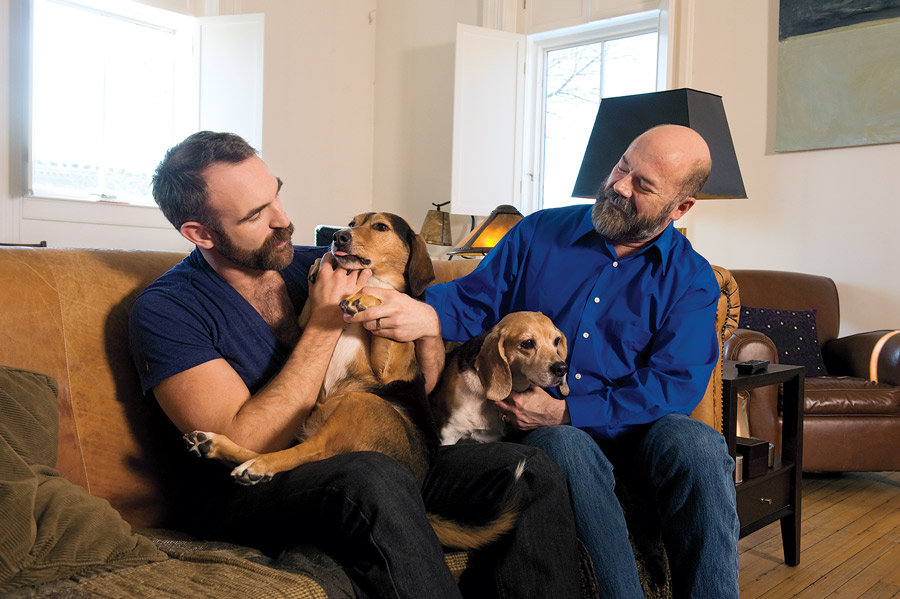The delusions of Andrew Sullivan

Here’s Andrew Sullivan on how abortion rights are totally different from gay rights, so it’s just fine to return the former to the meth labs of democracy, while protecting the latter as a Sacred Constitutional Principle that the SCOTUS should not and therefore will not revisit:
But the truth is that resiliently divisive and difficult moral issues — and abortion is absolutely one of them — require unsatisfactory political resolution in a healthy democracy. Some rights granted by courts are, or quickly become, uncontroversial — like buying contraception, marrying someone of another race, or of the same sex.
Other rights never gain this kind of legitimacy — like abortion, for the obvious reason that many believe a life is at stake. And the cost of imposing one side’s extreme view on everyone else and taking the question out of politics altogether is huge. It has delegitimized our democracy and the courts, has helped spawn a powerful reactionary movement from Reagan to Trump, and empowered unhinged Christianism. Sometimes I wonder if we’d be a far more liberal (and saner) country today if the left hadn’t overreached so massively in 1973, on such weak constitutional grounds, and refused to budge so doggedly thereafter. . .
What Roe did was kickstart the extreme cultural polarization that has defined and blighted the last few decades of American politics. Maybe the end of Roe can mark the beginning of a return to living together, and negotiating a way to make that bearable.
Actual historians who have actually studied this actual issue will tell you that the claim that Roe itself had much if anything to do with political polarization in the USA is nonsense. This amicus brief to the SCOTUS covers the ground well. Here are a couple of nuggets from it:
(1) Two years after Roe was decided, SCOTUS nominee John Paul Stevens wasn’t asked a single question about it during his confirmation hearings! Stevens, nominated by a Republican president, was confirmed unanimously by a Senate controlled by the Democrats. That should give you an idea of how much of a culture war issue abortion rights were in the immediate wake of Roe.
(2) The reason why abortion was pretty minor political issue for a couple of decades post-Roe was that the two major parties were in no way sorted coherently on the issue: in fact in the 1970s more Republican voters (68%) supported Roe than Democrats (59%). This of course reflects the heavy Democratic leaning of Catholic voters at the time, but it also illustrates that abortion rights had a fairly strong national bipartisan backing in the immediate post-Roe world, which meant that attempts to use it as a wedge issue were unlikely to go far, as indeed they didn’t in the 1970s and 1980s.
Leaving this aside, I’m genuinely surprised by Sullivan’s naive — I would say willfully blind — attitude on the gay marriage issue. As recently as 2009, only 40% of American voters supported gay marriage! The purportedly “uncontroversial” status of this right is about 15 minutes old, not to mention that it was secured by a single vote in a SCOTUS case from way back in 2015.
Why a married gay man would be so delusional on this matter is something I’ll leave to the commentariat.
